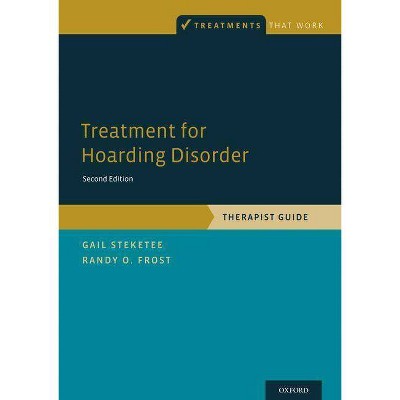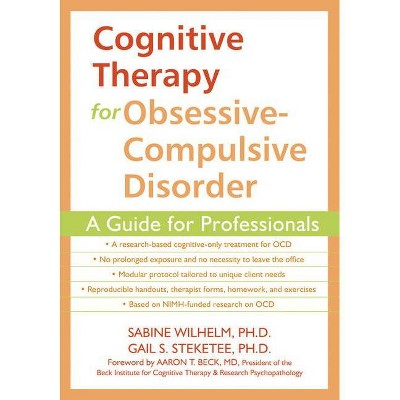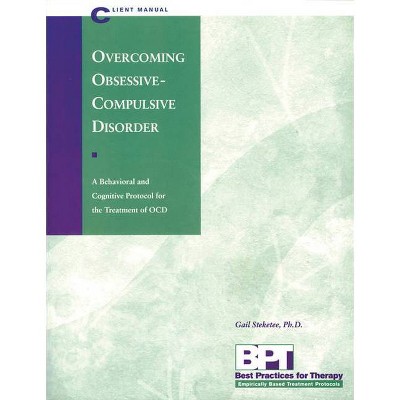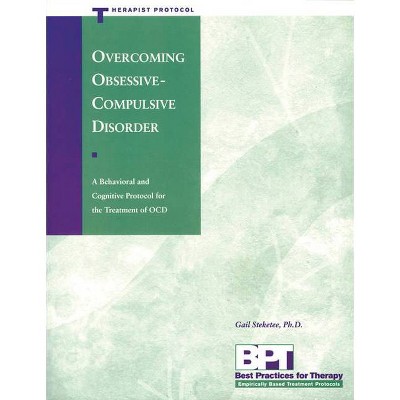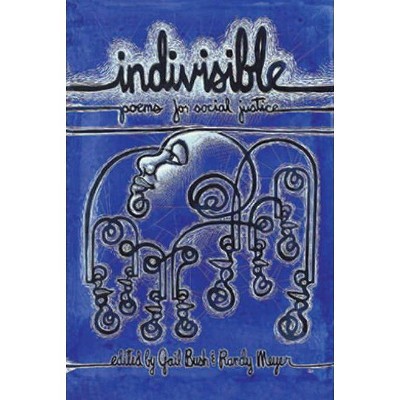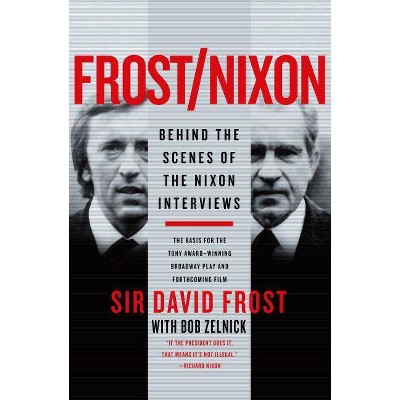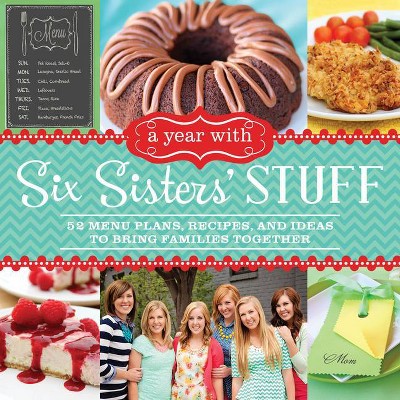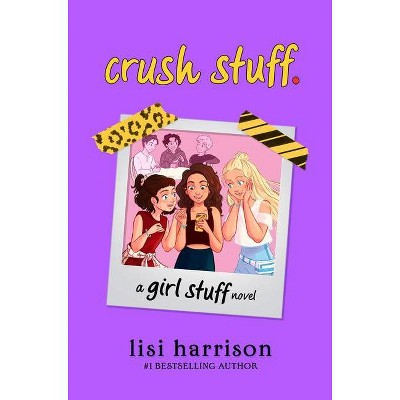Stuff - by Gail Steketee & Randy Frost (Paperback)
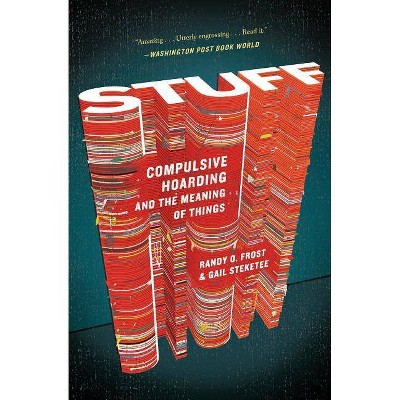
Similar Products
Products of same category from the store
AllProduct info
<p/><br></br><p><b> About the Book </b></p></br></br>With vivid portraits that show the traits by which a hoarder can be identified, Frost and Steketee explore the compulsion through a series of compelling case studies, and illuminate the pull that possessions exert on all of us.<p/><br></br><p><b> Book Synopsis </b></p></br></br><p>What possesses someone to save every scrap of paper that's ever come into his home? What compulsions drive a woman like Irene, whose hoarding cost her her marriage? Or Ralph, whose imagined uses for castoff items like leaky old buckets almost lost him his house? Or Jerry and Alvin, wealthy twin bachelors who filled up matching luxury apartments with countless pieces of fine art, not even leaving themselves room to sleep? </p><p>Randy Frost and Gail Steketee were the first to study hoarding when they began their work a decade ago; they expected to find a few sufferers but ended up treating hundreds of patients and fielding thousands of calls from the families of others. Now they explore the compulsion through a series of compelling case studies in the vein of Oliver Sacks.With vivid portraits that show us the traits by which you can identify a hoarder--piles on sofas and beds that make the furniture useless, houses that can be navigated only by following small paths called goat trails, vast piles of paper that the hoarders "churn" but never discard, even collections of animals and garbage--Frost and Steketee explain the causes and outline the often ineffective treatments for the disorder.They also illuminate the pull that possessions exert on all of us. Whether we're savers, collectors, or compulsive cleaners, none of us is free of the impulses that drive hoarders to the extremes in which they live. <p>For the six million sufferers, their relatives and friends, and all the rest of us with complicated relationships to our things, <i>Stuff</i> answers the question of what happens when our stuff starts to own us. <br><p/><br></br><p><b> From the Back Cover </b></p></br></br>New York Times Bestseller"""Gripping . . . by turns fascinating and heartbreaking . . . "Stuff" invites readers to reevaluate their desire for things." "Boston Globe""Authoritative." Wall Street JournalWhat possesses someone to fill warehouses with unread magazines? Or to pack a house so full that clearing it out must be done from the top down lest the upper story collapse? When Randy Frost and Gail Steketee became the first scientists to study hoarding, they expected to find a few sufferers. Instead, they uncovered a startling epidemic. Now, they distill the results of more than a decade of research into a series of engrossing and intimate case studies. Through towering piles on sofas and beds, vast mountains of paper that the hoarders "churn" but never discard, even a nest of more than two hundred cats, Frost and Steketee illuminate the pull that possessions exert on all of us. Probing the disquieting place where normal and abnormal blur, they answer the question: What happens when our stuff starts to own us?"Fascinating . . . A good mix of cultural and psychological theories on hoarding." "Newsweek"Dr. Randy Frost is Professor of Psychology at Smith College and an internationally known expert on obsessive-compulsive disorder and compulsive hoarding, as well as the pathology of perfectionism. Dr. Gail Steketee is Professor and Dean at Boston University in the School of Social Work. Together they have studied hoarding for more than a decade, and published a clinical treatment manual and a self-help handbook for hoarding. They have appeared on numerous television and radio shows and given hundreds of lectures on the subject nationally and internationally. <P>"<p/><br></br><p><b> Review Quotes </b></p></br></br><br>Like those classics of psychological study, A. R. Luria's <i>The Mind of the Mnemonist </i>and Oliver Sacks's <i>The Man Who Mistook His Wife for a Hat</i>, <i>Stuff</i> is authoritative, haunting, and mysterious. It is also intensely, not to say compulsively readable.--Tracy Kidder A fascinating book--<i>Stuff </i>is the stuff of nightmares, of people living in a world subsumed by their obsession to collect and hoard things. You will surely recognize, to one degree or another, a part of yourself in these portraits.--Jonathan Harr, author of <i>The Lost Painting </i>and <i>A Civil Action <p/></i>Eye-opening... Frost and Steketee write with real sympathy and appreciation for hoarders...This succinct, illuminating book will prove helpful to hoarders, their families, and mental health professionals who work with them. -- <i>Publishers Weekly<br></i><br>Fascinating. --<i> People</i><br>[The authors] invite us graciously into territory that might otherwise make us squirm . . .To those who need to understand hoarders, perhaps in their own family, Stuff offers perspective. For general readers, it is likely to provide useful stimulus for examining how we form and justify our own attachments to objects." -- <i>New York Times Book Review<br></i><br>Stuff is worth reading not only because of the authors' authority on the subject, but also because of its elegant prose, and its nuanced and well-researched take on the subject." -- Salon.com <p/>[The authors'] examples are rich in storytelling and dialogue, and they admirably balance a fascination with the psychological profiles of their subject with a deep sympathy for their plights . . . The book is a valuable study of a poorly understood condition. -- <i>Minneapolis Star Tribune <p/></i>Amazing... Utterly engrossing. -- <i>Washington Post <p/></i>Gripping . . . A highly readable account of this perplexing impulse . . . The book succeeds beyond mere voyeurism, because Stuff' invites readers to reevaluate their desire for things. -- <i>Boston Globe</i><br><p/><br></br><p><b> About the Author </b></p></br></br><b>Dr. Randy Frost</b> is Professor of Psychology at Smith College and an internationally known expert on obsessive-compulsive disorder and compulsive hoarding, as well as the pathology of perfectionism. <b>Dr. Gail Steketee</b> is Professor and Acting Dean at Boston University in the School of Social Work. Together they have studied hoarding for more than a decade, and published a clinical treatment manual and a self-help handbook for hoarding. They have appeared on numerous television and radio shows and given hundreds of lectures on the subject nationally and internationally.
Price History
Cheapest price in the interval: 13.59 on November 8, 2021
Most expensive price in the interval: 13.59 on December 20, 2021
Price Archive shows prices from various stores, lets you see history and find the cheapest. There is no actual sale on the website. For all support, inquiry and suggestion messagescommunication@pricearchive.us
